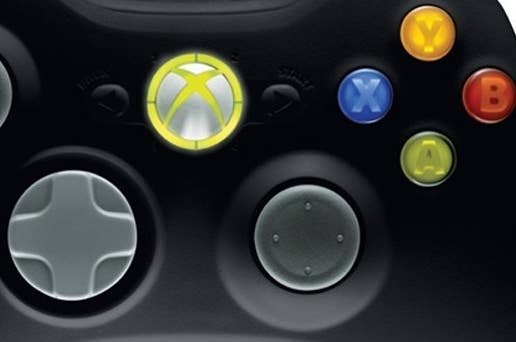$400 price point for next PlayStation, Xbox consoles
October launch for PS4, next Xbox in November, suggests Baird Equity Research
Having spent CES "with a number of companies involved in video game development and distribution", Baird Equity Research has suggested that new console hardware will retail for $350-$400 in the US.
While not a huge difference from Xbox 360's top end launch price of $399 for the 20GB unit in 2005, it's a significantly lower price than the two PlayStation 3 models that launched at $499 and $599 a year later.
"Our checks suggest that next-generation console hardware will be largely built from 'off the shelf' high-end PC components, along with hybrid physical/digital distribution models"
In a note to investors Baird's Colin Sebastian brought together various rumours about the new consoles that have been floating around the games business over the past year, and the assumption that both Sony and Microsoft will reveal their new consoles just prior to E3 in June.
"Given the fragile state of the console game market, we expect the E3 trade show in June will take on added significance, most likely providing the industry with the first public opportunity to examine next-generation hardware," he wrote.
"Our checks suggest that next-generation console hardware will be largely built from 'off the shelf' high-end PC components, along with hybrid physical/digital distribution models, enhanced voice controls and motion sensing (Kinect integration with every Xbox), and broad multi-media capabilities," he detailed.
"Moreover, a PC-based architecture (Intel chips in the case of Xbox) should have a number of advantages over custom-developed silicon: for one, the learning curve for software developers will be shorter than completely new technology. Second, the cost of production and retail price points should be lower than prior console launches.
"Third, it will be easier to build online services around PC chip architecture, including flexible business models (free-to-play, subscriptions) and multi-media (over the top) content offerings. For Microsoft, this design will also allow for more integration with Windows 8 and Windows Mobile devices," he added.
Sebastian expects an October launch for the new Sony console and a November launch for the next Xbox, although he warned through his "field checks" there "may be early production issues with Sony's PS4."
On the subject of Nintendo, Sebastian suggested the company may struggle to expand it's latest Wii U console beyond its loyal users, stating: "We remain concerned that Nintendo's innovative Wii-U console will lack broad appeal beyond the core Nintendo fan base.
"It will be easier to build online services around PC chip architecture, including flexible business models (free-to-play, subscriptions) and multi-media"
"Following a somewhat lackluster launch and holiday selling season, Nintendo will need to bring to market major first-party releases (Zelda) and retain the support of key third-party developers to reduce market share losses. In a negative scenario, Nintendo will be forced to prematurely lower the Wii-U price, and over the course of this cycle, we expect consideration will be given to extending first party franchises to other platforms."
2013 will be another tough year for the games industry, he predicted, with anticipation for next-gen consoles negatively impacting sales of current platforms - although he pointed to GTA V, new releases in the Skylanders, Call of Duty, Battlefield franchises and Bungie's Destiny as hits during the year.
"We expect that 2013 will also be remembered as the year that tablet games go mainstream," he added, stating that more companies will create big screen Android apps for Smart TVs.

